“The important thing for parents and educators is to focus children on their learning process. When children do well, parents and educators can appreciate their success, but also make sure to tie it to their process—their hard work, good strategies, or good use of resources.” — Carol Dweck
Carol Dweck’s growth mindset research has found that children who believe their talents and abilities can be developed through hard work, perseverance and lots of good mentoring from others are willing to take on more learning challenges. When faced with these challenges, they are more resilient and more likely to succeed, particularly children from vulnerable populations.
Dweck, who won the 2017 Yidan Prize for Education Research, is one of the world’s leading researchers in the field of motivation and is the Lewis and Virginia Eaton Professor of Psychology at Stanford.
How can educators, parents and students foster a growth mindset versus a fixed mindset so all can achieve in a 21st Century World? The Global Search for Education is delighted to welcome Carol Dweck.
“Many students love the idea that they can ‘grow their brains’ by taking on challenging tasks and sticking to them. For students who are used to failure, the challenges may need to be small at the beginning, but as they experience the excitement of growing their brains, they often become eager for larger challenges.” — Carol Dweck
Carol, in a fixed mindset, negative feedback is either ignored or is taken as an insult. Should parents and educators avoid constructive criticism altogether at the beginning stages of changing a child’s mindset? How can we make sure children do not take offense to helpful critique?
Constructive criticism can be gentle. It can take the form of a caring discussion between the adult and child. For example, the adult might ask questions about how the child was thinking about a problem or topic, what strategies the child tried, which worked and which didn’t, what should they try next. The adult can then discuss various options with the child: “I see what you were aiming for; can you think of another way to do it?” “What should we try next?…OK, let’s do that and see what happens!”
Your research talks about learning strategies, especially in regard to slower students. How can parents help their kids change inefficacious strategies? Is this something only educators can do or can parents make a significant impact as well?
The important thing for parents and educators is to focus children on their learning process. When children do well, parents (and educators) can appreciate their success, but also make sure to tie it to their process—their hard work, good strategies, or good use of resources. When children struggle, parents should, again, focus them on the learning process: What new strategies can they try or where can they go for help? This teaches children to remain effective and persistent when things are hard.
“It is very important, when working with adolescents, to give them choice in adopting a growth mindset. We have found it ineffective to try to preach them into a way of thinking. Instead, we ask for their help in developing our program…” — Carol Dweck
How can we make challenges look attractive for students who are used to failure?
Many students love the idea that they can “grow their brains” by taking on challenging tasks and sticking to them. For students who are used to failure, the challenges may need to be small at the beginning, but as they experience the excitement of growing their brains, they often become eager for larger challenges.
What are the dangers of sending mixed messages to students? For example, what would happen if children learned to adopt a growth mindset in the classroom but a fixed mindset at home? What are some ways educators and parents can help each other adopt the growth mindset?
It’s important for educators and parents to work together to develop their own growth mindsets and then to foster a growth mindset in children. First, adults must recognize that we are all a mixture of fixed and growth mindsets, they must work toward recognizing when their fixed mindset is active, and they must learn how to come back to a place of growth.
When they can do this, educators and parents can then work together to focus children on the learning process—teaching them to see their successes as growing out of their learning process and to see their setbacks and difficulties as spurring a renewed learning process. After all, our ultimate goal is to teach children how to engage in joyful and effective learning.
“It’s important for students to know that grades and test scores, although important in today’s world, do not tell them what they’re capable of achieving in the future. Many people’s abilities blossom later when they dedicate themselves to something they value and are deeply interested in in.” — Carol Dweck
Can the growth mindset be taught the same way across the range of ages or are there different approaches educators should take with different age groups, e.g. do you teach growth mindset the same way to an adolescent as you would to a child or to an adult?
Although the basic process is similar across ages, it is very important, when working with adolescents, to give them choice in adopting a growth mindset. We have found it ineffective to try to preach them into a way of thinking. Instead, we ask for their help in developing our program, present them with testimonials from older students or admired adults, ask their advice throughout the program, and have them write a mentoring letter to a younger student in terms of growth mindset principles. We also ask them about their goals in life and have them think about how a stronger brain might help them achieve these goals. Many fine programs have failed because they preached to adolescents; many more could succeed if they treat adolescents as mature individuals who can make wise choices.
Do grades and IQ points matter anymore? In your opinion, what would be a more accurate way of measuring children’s progress in school?
Grades and test scores are not going away any time soon. However, it’s important for students to know that grades and test scores, although important in today’s world, do not tell them what they’re capable of achieving in the future. Many people’s abilities blossom later when they dedicate themselves to something they value and are deeply interested in in.
It’s also very important for schools to put a premium on progress and improvement—for the advanced and the less advanced students. Everyone should be taking on challenges and pursuing them avidly and everyone should be rewarded for the real progress they are making.
Some educators equate a growth mindset with the valuing of effort alone, but effort is just one route to learning and improvement. If a student’s effort is ineffective, we can’t just praise the effort and leave it at that. As educators, we need to find ways to get these students learning and improving again, so that they can experience the growth of their abilities.
(All photos are courtesy of CMRubinWorld)
C. M. Rubin and Carol Dweck
Join me and globally renowned thought leaders including Sir Michael Barber (UK), Dr. Michael Block (U.S.), Dr. Leon Botstein (U.S.), Professor Clay Christensen (U.S.), Dr. Linda Darling-Hammond (U.S.), Dr. MadhavChavan (India), Charles Fadel (U.S.), Professor Michael Fullan (Canada), Professor Howard Gardner (U.S.), Professor Andy Hargreaves (U.S.), Professor Yvonne Hellman (The Netherlands), Professor Kristin Helstad (Norway), Jean Hendrickson (U.S.), Professor Rose Hipkins (New Zealand), Professor Cornelia Hoogland (Canada), Honourable Jeff Johnson (Canada), Mme. Chantal Kaufmann (Belgium), Dr. EijaKauppinen (Finland), State Secretary TapioKosunen (Finland), Professor Dominique Lafontaine (Belgium), Professor Hugh Lauder (UK), Lord Ken Macdonald (UK), Professor Geoff Masters (Australia), Professor Barry McGaw (Australia), Shiv Nadar (India), Professor R. Natarajan (India), Dr. Pak Tee Ng (Singapore), Dr. Denise Pope (US), Sridhar Rajagopalan (India), Dr. Diane Ravitch (U.S.), Richard Wilson Riley (U.S.), Sir Ken Robinson (UK), Professor Pasi Sahlberg (Finland), Professor Manabu Sato (Japan), Andreas Schleicher (PISA, OECD), Dr. Anthony Seldon (UK), Dr. David Shaffer (U.S.), Dr. Kirsten Sivesind (Norway), Chancellor Stephen Spahn (U.S.), Yves Theze (LyceeFrancais U.S.), Professor Charles Ungerleider (Canada), Professor Tony Wagner (U.S.), Sir David Watson (UK), Professor Dylan Wiliam (UK), Dr. Mark Wormald (UK), Professor Theo Wubbels (The Netherlands), Professor Michael Young (UK), and Professor Minxuan Zhang (China) as they explore the big picture education questions that all nations face today.
The Global Search for Education Community Page
C. M. Rubin is the author of two widely read online series for which she received a 2011 Upton Sinclair award, “The Global Search for Education” and “How Will We Read?” She is also the author of three bestselling books, including The Real Alice in Wonderland, is the publisher of CMRubinWorld and is a Disruptor Foundation Fellow.
Follow C. M. Rubin on Twitter: www.twitter.com/@cmrubinworld

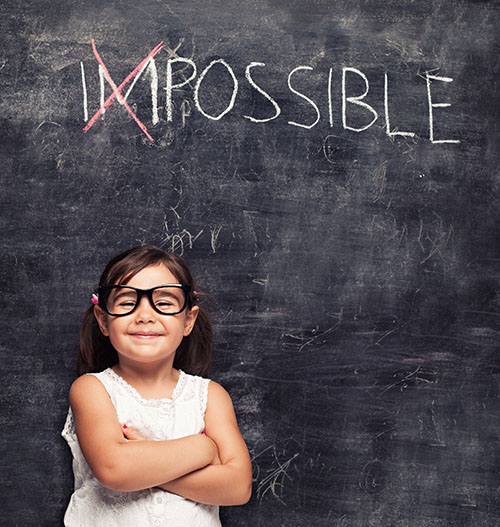
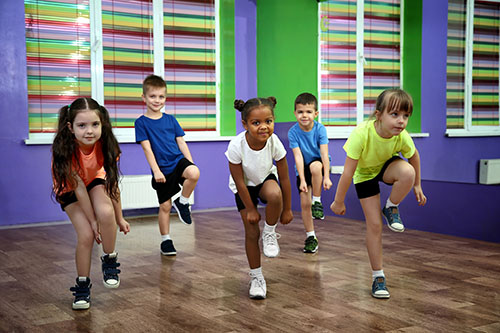
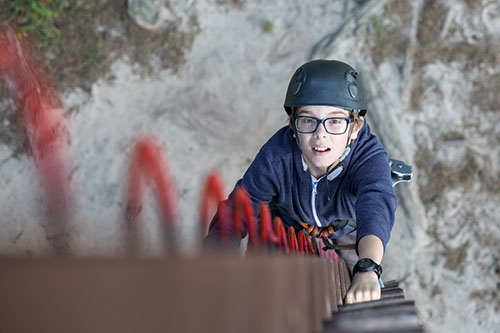

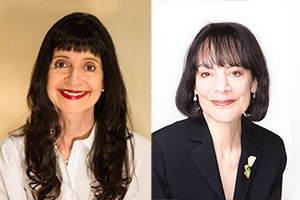
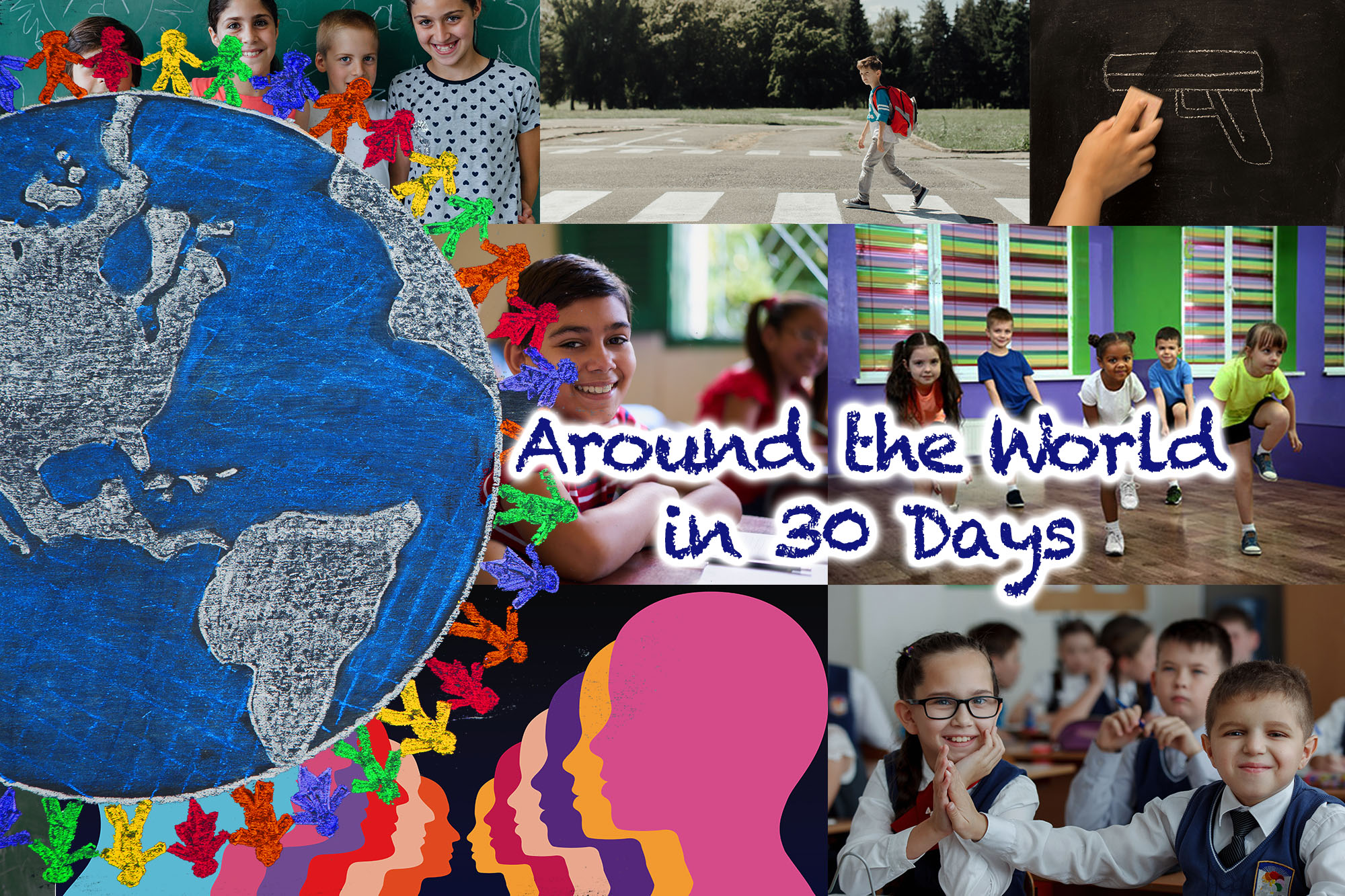

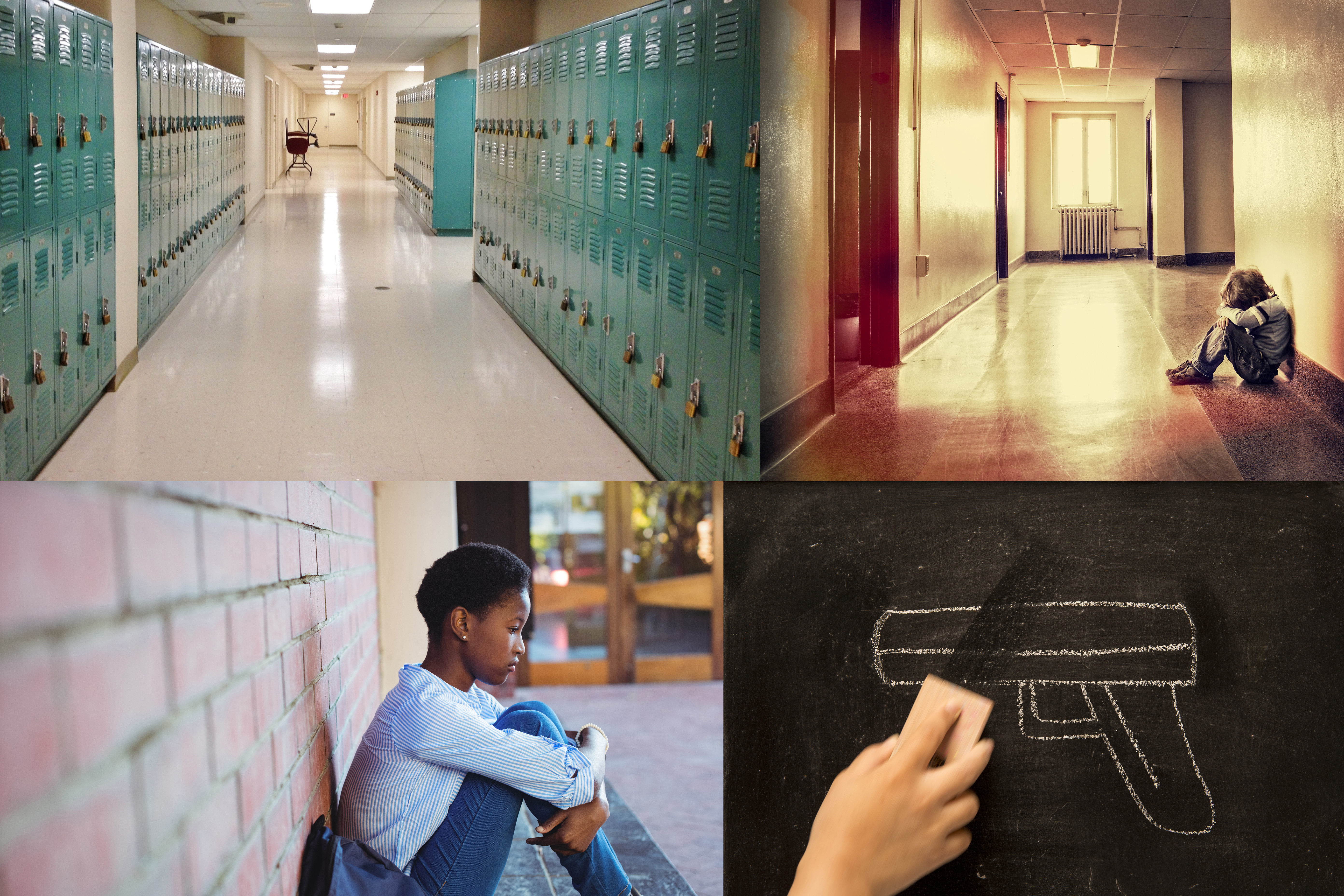
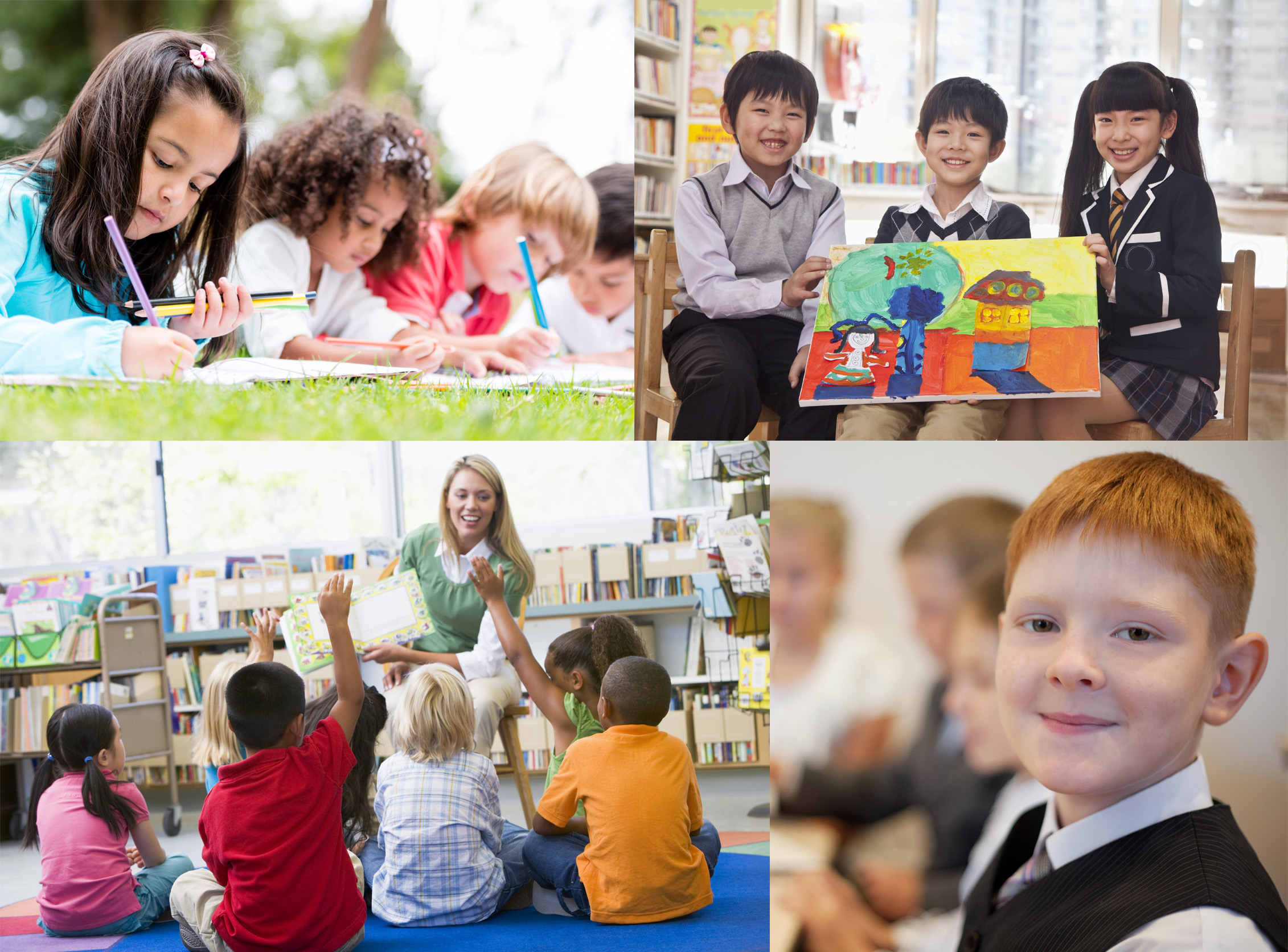
Recent Comments